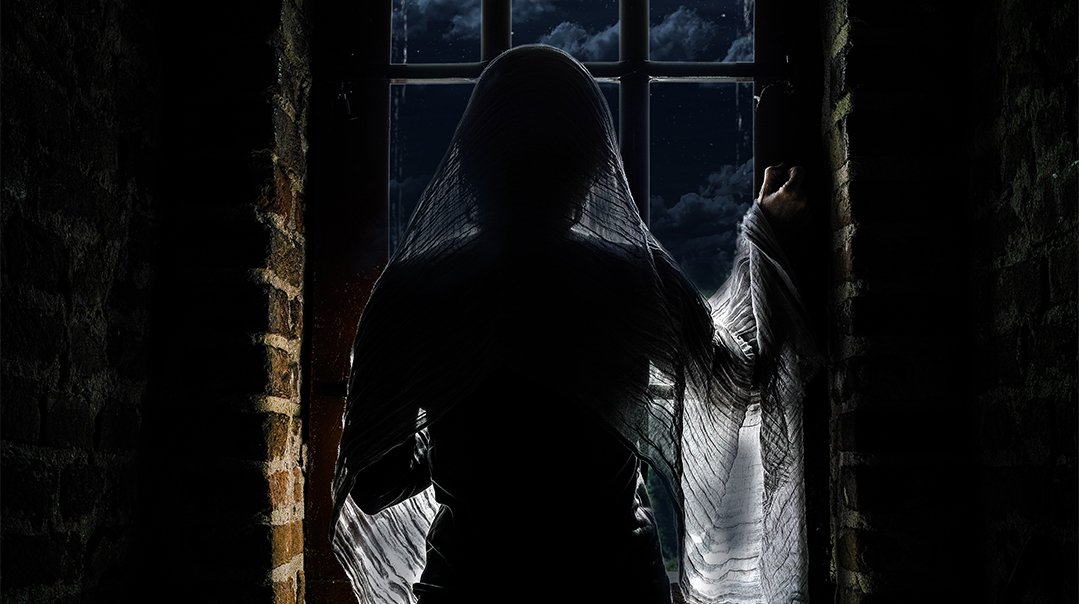Veiled Truth

It was Abba who’d told her to follow her heart. If it was kosher, if this is where she came alive, she should go for it

She is drowning her challah in dressing when she realizes she never really knew him.
Mmm, good, who made this? she thinks, almost says aloud, while one of the uncles is talking — about Opa.
Ellie looks around. No one’s eating. Aunt Shulamis is picking at the corner of her eye. Oma sits at the head of the table, her eyes like dark, endless tunnels. Uncle Gershon on one side, her father on the other. She watches Oma’s expression, empty, faraway, the way it doesn’t change when Uncle Gershon takes his mother’s hand.
She looks at the laden platters of food, Aunt Shulamis’s crockery laid prettily at each place. Some people, Uncle Srul, the cousins, have filled their plates. But they are toying with the food, like it’s the enemy and the cutlery are their weapons.
Salad swamps her plate. She pushes it away, swallows, and tunes in.
“He spent his golden years in Eretz Yisrael — fifteen years. He left the States where he had everything, where he’d married off his children, where everyone knew and respected him, where he had his place in shul, in the community, and he started again in Eretz Yisrael. That was our father. And when his condition deteriorated and we had to bring him back to New York, it was a bechinah of al karchacha… And he was here, near us, only for half a year…”
Just half a year. That was the grandfather she’d known. A man in poor health, who said little.
She’d taken a shift here and there in the hospital. But she’d never really spent any time with him. And here she is at the shloshim seudah for Opa. She’s twenty-one; he was more than sixty years her senior.
“Yehi zichro baruch…” the uncle finishes.
Loud silence.
“Shkoyach,” Uncle Srul says finally.
The men take it up, “Shkoyach, shkoyach.” Something to say.
The cousins peck Oma on the cheek and leave, swinging handbags, couples headed for their cars.
Ellie’s parents take longer. She waits for them. She’s the youngest of the cousins, last of the generation.
She’ll be married soon, too. She looks at the ring. It still startles her to see it there, resting on her finger like it belongs. It’s two weeks old.
David had wanted to drive in from Baltimore for the shloshim seudah. She’d told him not to. Some of the cousins hadn’t made it to their vort, and she didn’t want it to become about them — Mazel tov, welcome to the family… She couldn’t sit here at the table with her chassan, in their little bubble of happiness, when it was about Opa. And Oma.
She looks up. The table’s emptied, Abba’s siblings are talking in the living room. Only Oma’s still sitting there at the head of the table, with Helena, her aide.
Oma, who hides away; Oma, who forgets. She’d taken the move back to the States so hard, it had unsettled her, unmoored her. And now, Opa’s death.
Ellie goes over to Oma and sits beside her.
“Oma,” she whispers.
Her grandmother turns.
She waits for something, the ghost of a smile, recognition. Nothing.
Oops! We could not locate your form.













